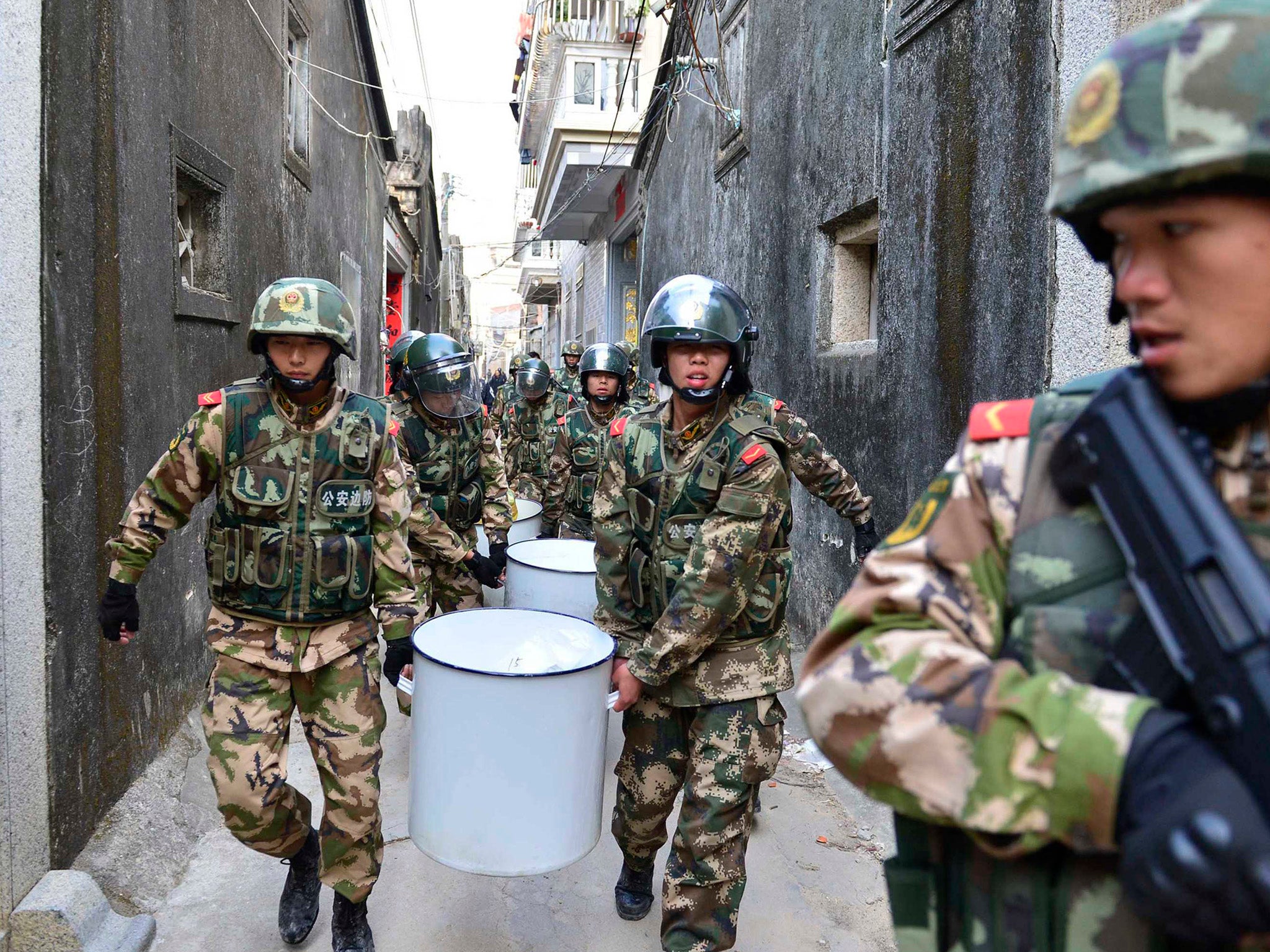Record levels of crystal meth production driven by surging demand in Asia, says UN
China and India the region's major production hubs

Your support helps us to tell the story
From reproductive rights to climate change to Big Tech, The Independent is on the ground when the story is developing. Whether it's investigating the financials of Elon Musk's pro-Trump PAC or producing our latest documentary, 'The A Word', which shines a light on the American women fighting for reproductive rights, we know how important it is to parse out the facts from the messaging.
At such a critical moment in US history, we need reporters on the ground. Your donation allows us to keep sending journalists to speak to both sides of the story.
The Independent is trusted by Americans across the entire political spectrum. And unlike many other quality news outlets, we choose not to lock Americans out of our reporting and analysis with paywalls. We believe quality journalism should be available to everyone, paid for by those who can afford it.
Your support makes all the difference.Asia's robust economy and strong demand for drugs drove global production and trafficking of methamphetamine to record levels last year, with Japan one of the most lucrative markets, the United Nations said Tuesday.
Asia is the world's largest market for stimulants and seizures of methamphetamine pills and crystal meth have tripled to at least 36 tons over the last five years, the U.N. Office on Drugs and Crime said in a report released in Tokyo.
The trends reflect Asia's growing economic power and demand for new synthetic drugs. China and India, which have large chemical industries, are the region's major production hubs of methamphetamine, the addictive stimulant that affects the central nervous system. The report said organized crime groups, including those in Japan, help traffic meth from Mexico, the Middle East and the rest of Asia.
The regional integration of economies, trade and transportation help spread the drug faster, said Jeremy Douglas, an UNODC regional representative for Southeast Asia and the Pacific, told a news conference. Methamphetamine, originally a drug taken by poor people and workers, migrated into youth culture over a decade ago and more recently into the more prosperous part of the society. “So you have a natural growth through the market,” he said.
Japan is seen as as one of the most lucrative markets. The amount of amphetamines seized in the country last year tripled from a year earlier, mostly due to large-volume smuggling from abroad.
Of about 12,000 drug-related arrest in 2013, about half involved yakuza groups, according to police statistics.
“Japan's methamphetamine problem can be attributed to extremely high street price. We are concerned that this could motivate criminal organizations to smuggle more drugs into Japan,” said Yoshiya Takesako, a National Police Agency director of international organized drugs and firearms investigation.
An average street price per gram would be $700 here, nearly twice that in the U.S., Takesako said, citing the U.N. report.
Traffickers know where personal incomes are rising and quickly target the demographic, Douglas said. Dumping crystal meth into the market at artificially cheap prices allowed traffickers to create demand before they moved in large volumes at higher prices.
“Asia, because of its rising incomes, has been targeted by other regions of the world. Because meth is more expensive here than it is in the U.S., so you see people trafficking it here to make more money,” he said.
AP
Join our commenting forum
Join thought-provoking conversations, follow other Independent readers and see their replies
Comments